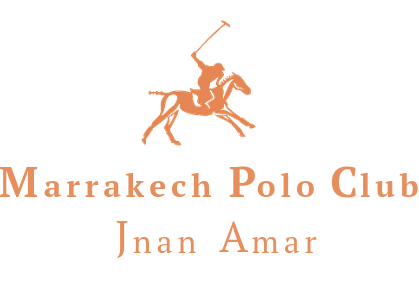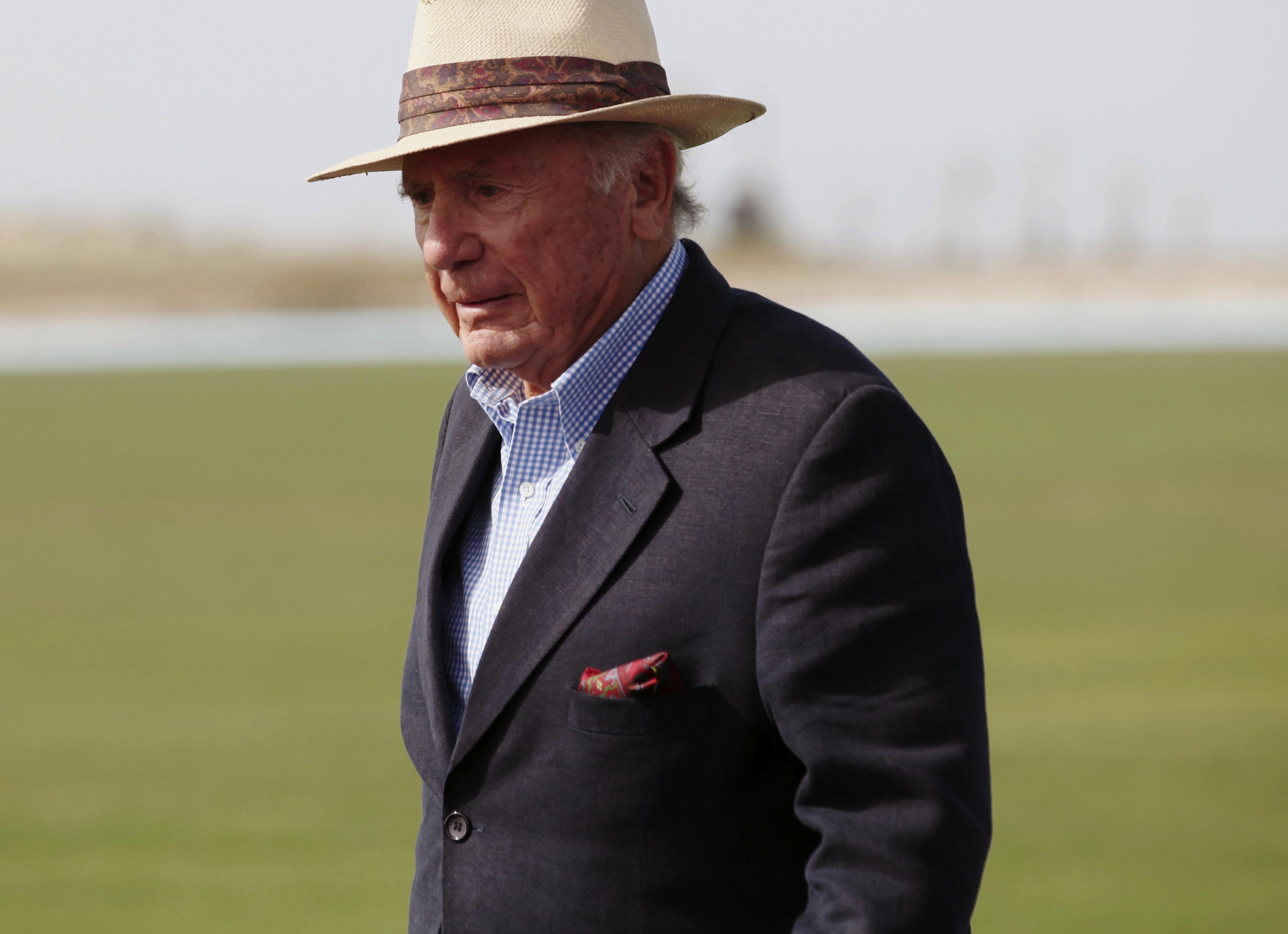A Conversation with Patrick Guerrand Hermes
Since first visiting Morocco in the 1950’s has the country changed significantly?
Since first visiting Morocco in the 1950’s has the country changed significantly? The Morocco of yesteryear is different to the country we find today of course, the world has changed. What Morocco has maintained is its passionate connection with horses, as demonstrated by Fantasia. Fantasia is a traditional Moroccan event and exhibition that shares many similarities and origins with polo. Polo therefore has a very real and relevant connection with Morocco.
Morocco is clearly a destination that you are passionate about, what do you love about it?
It is a country that I am very attached to for many reasons – its climate, its natural beauty and the kindness of its people. My historical attachment though is quite a particular one. I served my military service in Morocco and afterwards, had the good fortune to go into business here with Moroccan partners. Since then I have always had a very close relationship and fondness for the country.
How did you come to be involved in the Jnan Amar Polo Club and what role are you going to play moving forward?
Amar Abdelhadi, the owner of Jnan Amar, asked to meet with me and explained his grand vision for polo in Marrakech. I encouraged him to extend the polo facilities and put in place the foundations for a club of international calibre and status. He took my advice on board and in turn I invited him to my club in the North of Morocco and offered the use of my horses. It was at this point that I introduced Amar to the son of an old friend, Abdou El Glaoui, a very accomplished player who is today running the club. I play a very much supportive role, and as co-President hope to share my advice, time and experience in order for Jnan Amar Polo Club to become one of the world’s great polo destinations.
You had a polo club in Marrakech before, do you feel that the sport has a natural home in the city?
Yes, Marrakech has welcomed some great players in the past and is superbly located to host teams coming from the US, South America and Europe.
What does the future hold for polo in Morocco?
The game of polo had great success in Tangier in 1888 with what was amongst the world’s first encounters with the sport. There have been polo fields and events historically in Rabat, Meknes, Fez, Marrakech and Casablanca. As a result of the army in Morocco’s growth and development during the 20th century, many of these grounds were abandoned. There is now a real effort and interest amongst the authorities to re-establish polo’s presence in Morocco. In addition to a permanent polo ground in El Jadida, significant investment is being made to grow the country’s capability when it comes to equestrian sports. Jnan Amar Polo Club is therefore part of this grand plan and plays an important role in the future development of polo and equestrian sports in Morocco.
You are synonymous with the sport having been President of the FIP, has the sport evolved since you’ve become involved?
Polo has of course changed. At one point there were very few professionals in the sport. Like all sports, today, polo of a high standard is almost totally professional. It is very difficult for an enthusiast who isn’t 100% committed to the sport to achieve the highest levels of competency. To reach these levels, like all sports, investment in training, equipment and facilities is essential. What we mustn’t forget though is that there are two types of players in the game; the horse and us. We must respect that the horse can’t speak and can suffer as much as we can, so their training and maintenance is extremely important. The health, safety and wellbeing of the animals is respected enormously in polo and this is a crucial part of the sport’s evolution.
Do you still play polo?
Yes, I play a little bit but I can’t play competitively anymore. I have the good fortune to be surrounded by very good players though, who are careful not to bump into me. They treat me like a delicate object; a piece of crystal that they might shatter.
Where do you spend most of your time?
On a plane. I have many businesses and family responsibilities, plus my obligations at my club in Chantilly. My house in the North of Morocco though is where I spend most of my time, enjoying the sunshine and watching the waves.
You have spent a lifetime in the luxury sector, either at Hermes or involved in polo. How do you define the word luxury?
Money is certainly not the predominant factor. Luxury is a word embedded within our family, so I am very familiar with it. For me it is a bi-product of a life’s work in pursuit of quality. The 7th generation run our family business today. Continuance is derived from quality. I am delighted to say that what I have seen in Marrakech, what is being created at Jnan Amar, is certainly a product of quality.
Posted 26 January, 2015







